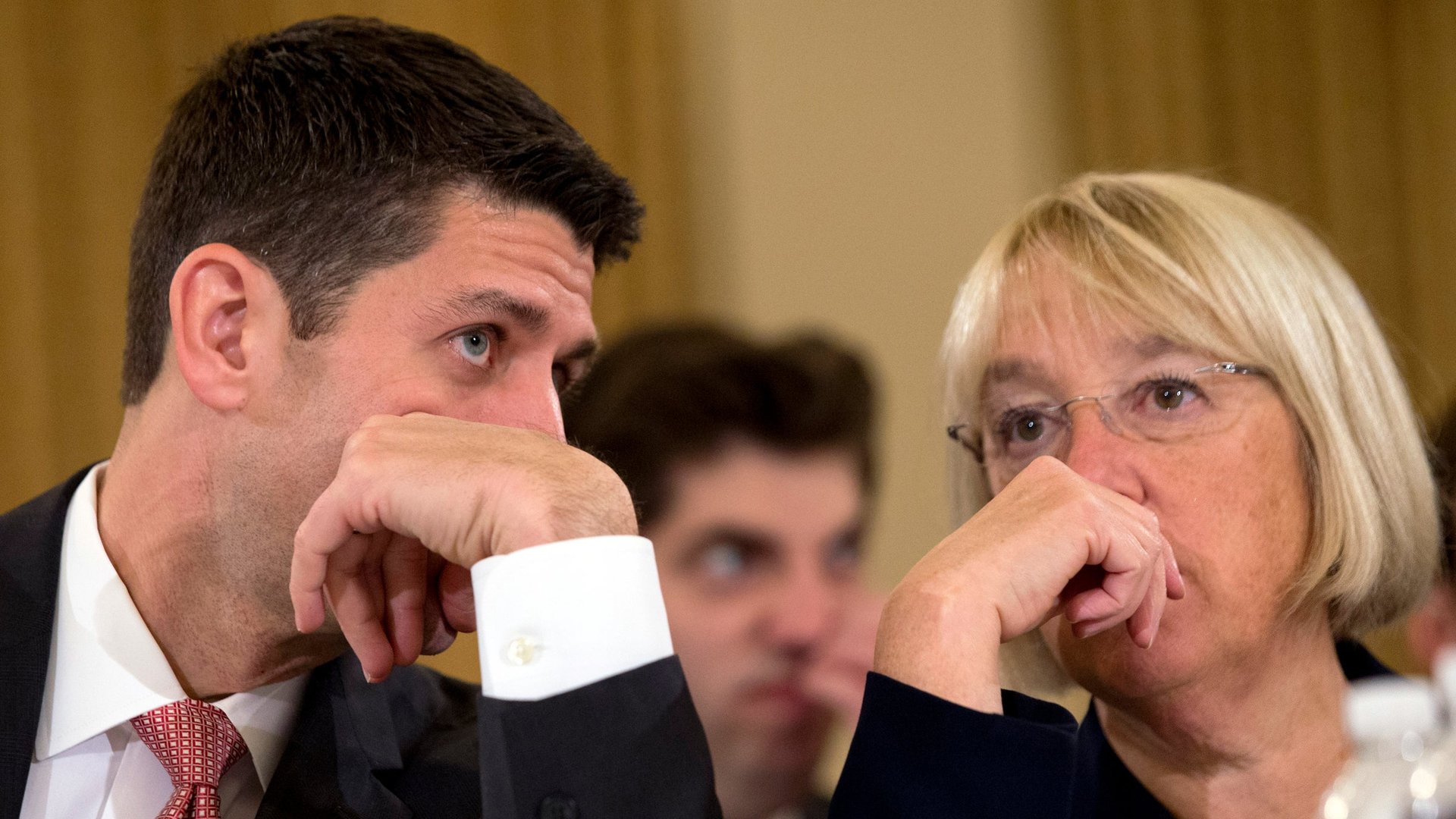The good news in Washington isn’t limited to the jobs report
Today’s positive US jobs report—with the unemployment rate edging down to 7%—could mean the Federal Reserve at last starts to wind down its bond-buying stimulus program in the new year. That’s why the real good news in Washington today isn’t in the new jobs data, but in word leaking out that Republicans and Democrats are close to reaching a budget deal that would increase spending and avoid future government shutdowns and debt-ceiling clashes, giving the US economy a path forward free of gratuitous crises.


Today’s positive US jobs report—with the unemployment rate edging down to 7%—could mean the Federal Reserve at last starts to wind down its bond-buying stimulus program in the new year. That’s why the real good news in Washington today isn’t in the new jobs data, but in word leaking out that Republicans and Democrats are close to reaching a budget deal that would increase spending and avoid future government shutdowns and debt-ceiling clashes, giving the US economy a path forward free of gratuitous crises.
No, it’s not the grand budget deal that pundits and president Barack Obama have been yearning for, one that tackles all America’s fiscal challenges in one fell swoop. Rather, Senator Patty Murray and Representative Paul Ryan, the budget writers in the their respective chambers, have set modest goals and come close to agreeing to roll back across-the-board cuts by finding ways to raise government revenue that don’t involve raising taxes—including spectrum sales, higher fees for airport security, and asking federal employees to pay more up-front for their pensions.
The deal, if passed, would raise discretionary spending to $1 trillion, above the $967 billion level currently specified by law, while still allowing the deficit to gradually shrink as forecast. Both sides have made concessions: Democrats have, for now, dropped their requests to increase taxes and invest more in future economic growth, while Republicans have set aside their goals of gutting public support for health care. And both will have to concede more: Democrats are reluctant to force federal employees, who haven’t had a raise in three years, to pay more for pensions, while Republicans see higher airport fees as taxation by another name.
The biggest sticking point for both the labor market and a fiscal pact are the long-term unemployed. Federal unemployment insurance is set to expire this year for 1.3 million Americans who have been out of work for more than six months, and in early 2014 it will expire for another 800,000. The US has never cut the aid to unemployed workers when joblessness has been this high, and such a move could lead workers to leave the job market and reduce growth. It’s not clear yet whether Democrats, leery of passing a bill without extending the anti-poverty measure, will force the issue.